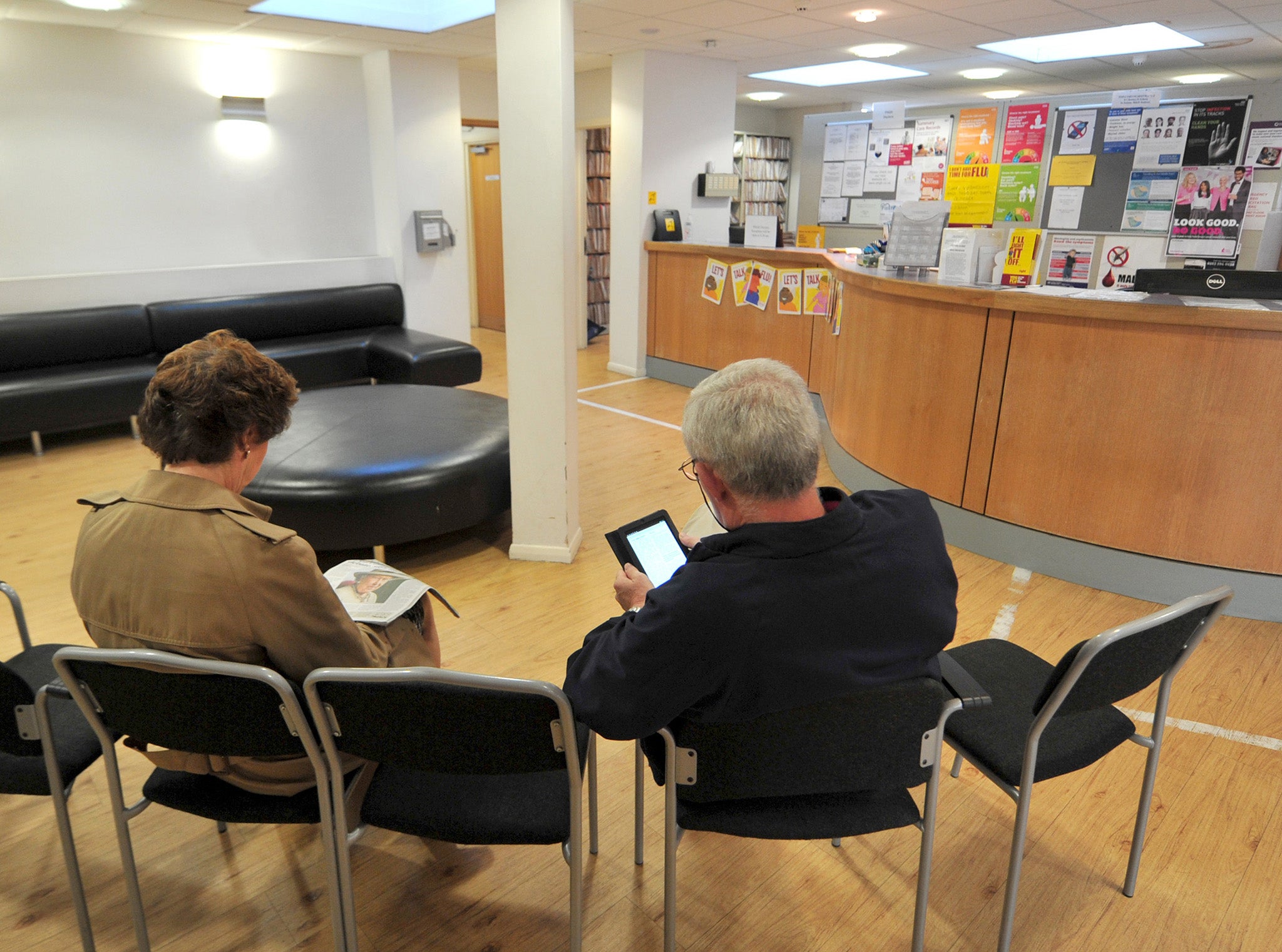Doctors may be missing lifesaving dementia diagnoses, says study
Around 850,000 people in UK have dementia, which mainly affects people over 65

Your support helps us to tell the story
From reproductive rights to climate change to Big Tech, The Independent is on the ground when the story is developing. Whether it's investigating the financials of Elon Musk's pro-Trump PAC or producing our latest documentary, 'The A Word', which shines a light on the American women fighting for reproductive rights, we know how important it is to parse out the facts from the messaging.
At such a critical moment in US history, we need reporters on the ground. Your donation allows us to keep sending journalists to speak to both sides of the story.
The Independent is trusted by Americans across the entire political spectrum. And unlike many other quality news outlets, we choose not to lock Americans out of our reporting and analysis with paywalls. We believe quality journalism should be available to everyone, paid for by those who can afford it.
Your support makes all the difference.Doctors may be missing the chance to diagnose dementia early in patients with signs of memory loss, researchers have said.
People aged 70 and above were encouraged to see their GP if they were experiencing memory problems in a study involving 14,558 patients registered to surgeries in South East England.
But while more patients booked appointments after receiving information leaflets and personal letters about dementia, diagnosis rates did not improve, found scientists at University College London.
This could be because GPs failed to spot early memory problems at consultations, or due to a surge in appointments booked by the so-called ‘worried well’, according to the study published in Plos Medicine.
Gill Livingston, who led the study, said early diagnosis of dementia was important because individuals and their families could receive treatment to help with symptoms more quickly and develop coping strategies, which could save lives.
“Practical things can be considered and people can be made safe by doing things like putting heat monitors on so people can continue to cook – you really don’t want anyone dying in fires,” she told The Independent.
Dementia, which mainly affects older people, causes a deterioration in memory, thinking and behaviour and can impede someone’s ability to perform everyday activities.
It affects 850,000 people in the UK and recently overtook heart disease to become the leading cause of death in England and Wales.
In 2015, the disease claimed more than 61,000 lives and accounted for 11.6 per cent of recorded deaths. The most common type of dementia is Alzheimer's disease.
Professor Livingston said the GPs were asked whether more people without dementia had come to them inappropriately, and they had said that was not the case.
“I think at least a proportion of these people probably did have dementia, otherwise the GPs would have said we had worried people unnecessarily, but they were clear that wasn’t the case,” she said.
“There are a group of people who think it’s pointless, they just think if you can’t cure something, why bother.”
Outdated training and a reluctance to increase long waiting times at memory specialist clinics could also have contributed to the lack of increase in earlier dementia diagnosis, she said.
Matthew Norton of Alzheimer’s Research UK said future research should explore alternative approaches to improve early diagnosis of dementia.
“These results suggest that to increase timely diagnosis, both GPs and patients may need targeting with information about dementia and the importance of a diagnosis,” he said.
Around twice as many women than men died of the brain condition, which mainly affects people over 65.
Join our commenting forum
Join thought-provoking conversations, follow other Independent readers and see their replies
Comments